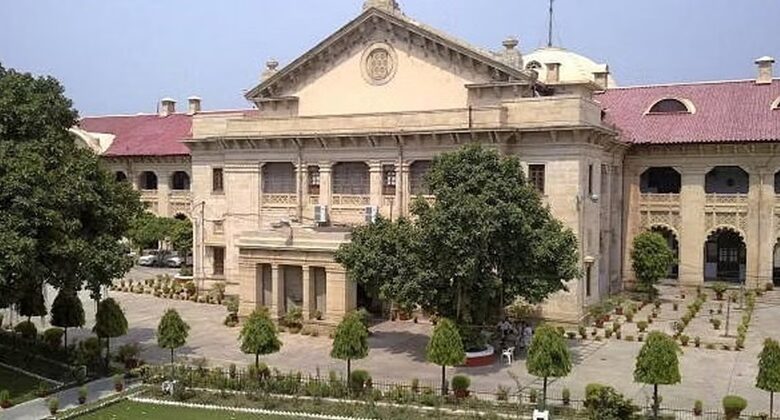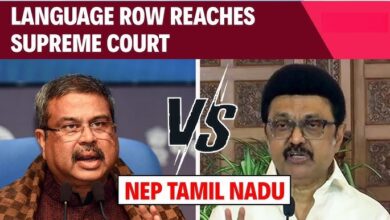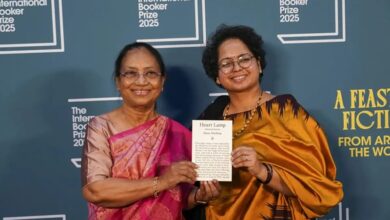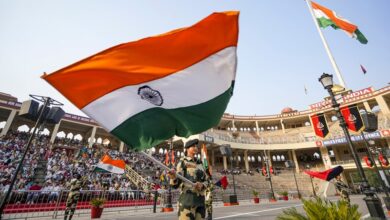Constitution doesn’t support forced or fraudulent conversion: HC
News Mania Desk / Piyal Chatterjee / 20th May 2025

Justice Vinod Diwaker remarked this while dismissing a request to annul an FIR against four individuals charged under the Uttar Pradesh Prohibition of Unlawful Religious Conversion Act, 2021. The complaint states that the defendant attempted to persuade individuals to embrace Christianity by providing financial incentives and free healthcare. The court declined to dismiss the case, indicating that the accusations were serious and sufficient to warrant a police investigation.
In its judgment, the court observed, “India’s constitutional framework guarantees the right to religious freedom under Article 25. This Article confers upon every person the fundamental right to freely profess, practise and propagate religion, subject to public order, morality and health. The use of the word ‘freely’ in Article 25 underscores the voluntary nature of religious belief and expression.”
“However, the Constitution does not endorse forced or fraudulent conversions, nor does it shield coercive or deceptive practices under the guise of religious propagation,” it added.
The court maintained that these limitations are essential to ensure that the exercise of religious freedom does not disrupt the societal fabric or endanger individual and communal well-being.
“The presumption that one religion is inherently superior to other clearly presupposes the moral and spiritual superiority of one religion over another. Such notion is fundamentally antithetical to the idea of secularism. Indian secularism is rooted in the principle of equal respect for all religions. The state must neither identify with nor favour any religion, but instead maintain a principled equidistance from all religions and faith,” the ruling said.
Commenting on the 2021 Act prohibiting unlawful religious conversion brought in by the Uttar Pradesh government, the court stated that it was enacted to maintain public order, moral integrity and health in alignment with Article 25 of the Constitution.
“The primary object of the Act is to prohibit conversions from one religion to another that are carried out through misrepresentation, force, undue influence, coercion, allurement, fraudulent means or marriage for the sole purpose of unlawful conversion. By targeting such methods, the law seeks to prevent exploitation and manipulation that could have broader destabilising effects on social harmony, besides disruption of law and order,” the ruling said.
The May 7 ruling also examined a legal matter regarding whether a police officer qualifies as an “aggrieved person” under Section 4 of the 2021 Act. This section typically permits only the victim or their close relatives to submit a complaint. The bench explained that the station house officer is authorized to file such FIRs since the law should be interpreted alongside the provisions of the Bharatiya Nagarik Suraksha Sanhita, which permit police action in cognizable offences.
devices.






